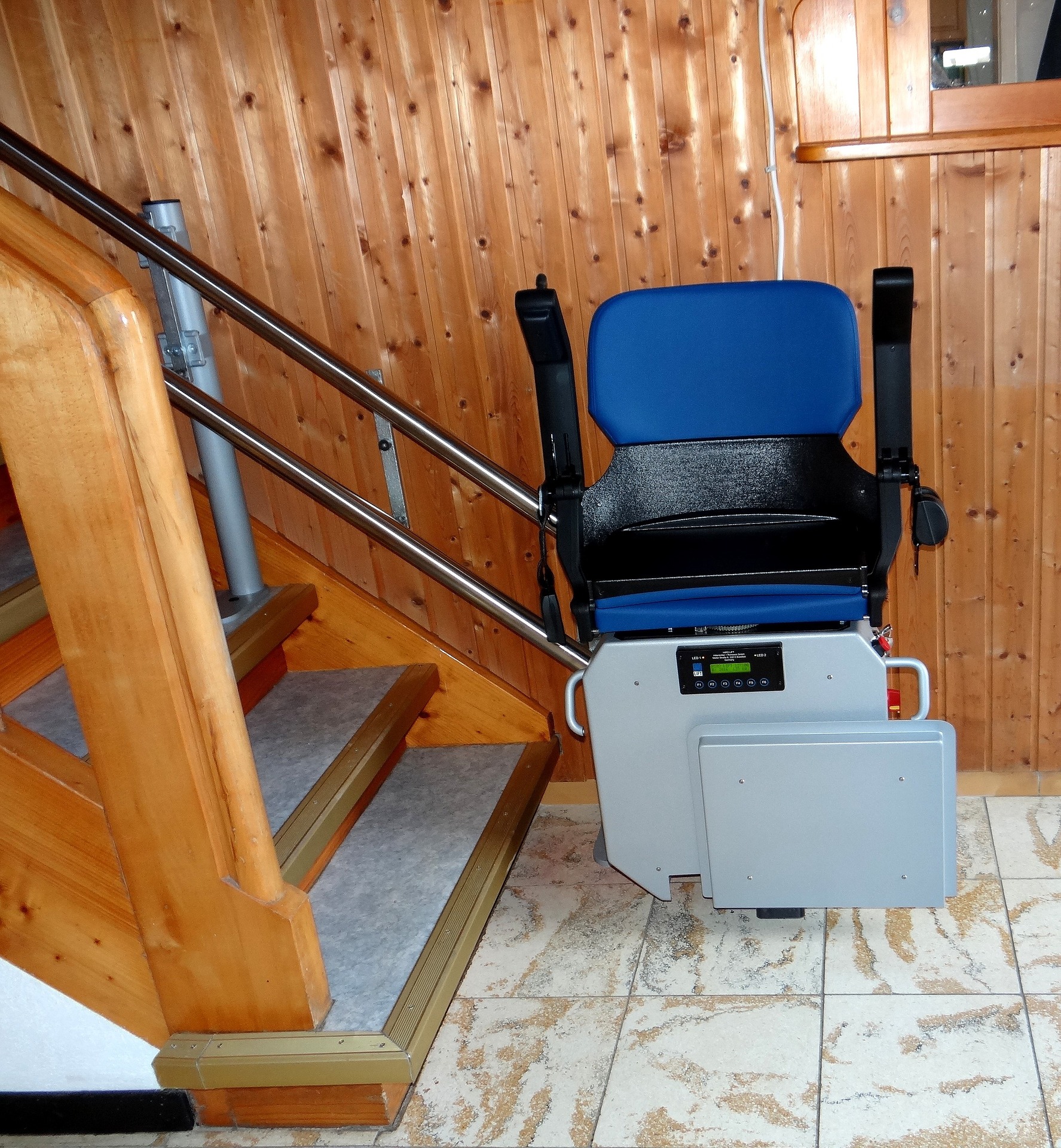As we journey through life, there are certain universal experiences that connect us all. Among these is the profound influence of music. From lullabies soothing our infancy to anthems celebrating milestones, music remains a constant companion, deeply intertwined with our emotional and mental well-being. This influence doesn’t diminish as we age; in fact, for seniors, music can be a powerful tool for enhancing their quality of life and addressing various health challenges.
The Therapeutic Potential of Music for Seniors
Music therapy, a well-established and evidence-based approach, has shown remarkable benefits for seniors in various settings, including assisted living facilities, nursing homes, and even in-home care. The therapy employs music, both listening to and actively participating in musical activities, as a means to address physical, emotional, cognitive, and social needs.
Emotional Resonance
One of the most notable effects of music therapy in seniors is its ability to evoke emotions and trigger memories. For individuals with dementia or Alzheimer’s disease, this can be particularly significant. Familiar tunes can transport them back to earlier, happier times, reducing anxiety and enhancing overall emotional well-being. It’s not uncommon to witness seniors with cognitive impairments singing along to songs from their youth, often with a sparkle in their eye that was hidden just moments before.
Reducing Anxiety and Stress
Anxiety and stress are common companions in the lives of many seniors. Music therapy offers a soothing escape from these daily burdens. Whether it’s classical music, nature sounds, or the familiar melodies of their favorite songs, seniors can find solace and relaxation through carefully selected music. A well-designed music therapy program can help seniors manage their stress levels and improve their overall mental health.
Enhancing Cognitive Function
Music therapy has also shown promise in enhancing cognitive function in seniors. Engaging in musical activities can stimulate various areas of the brain, potentially improving memory, attention, and problem-solving skills. Rhythmic exercises and music-based games can be enjoyable ways to keep the mind active and engaged.
Promoting Physical Well-being
Music therapy is not limited to mental health benefits; it also extends to the physical well-being of seniors. Engaging in rhythmic activities or even simply tapping along to a beat can help improve motor skills and coordination. For seniors with mobility challenges, music therapy can offer a fun and non-strenuous way to stay active.
Fostering Social Connections
The sense of community and social interaction is vital for seniors. Music therapy often takes place in group settings, allowing participants to connect with one another. Singing together, playing instruments, and dancing provide opportunities for seniors to interact, share experiences, and build new friendships. These social connections are essential for combating feelings of isolation and depression.
How to Incorporate Music Therapy for Seniors
If you or a loved one are considering music therapy for seniors, there are various ways to get started:
Consult a Professional: A certified music therapist can assess individual needs and preferences to develop a tailored program.
Personal Playlists: Create personalized playlists of favorite songs from the past to provide emotional comfort.
Engage in Group Activities: Look for local senior centers or care facilities that offer group music therapy sessions.
Incorporate Music into Daily Life: Encourage seniors to listen to music regularly, attend local concerts, or even take up a musical instrument.
Stay Open to New Experiences: Be open to exploring different musical genres and activities to discover what resonates the most.
In conclusion, the power of music and music therapy for seniors cannot be overstated. It has the ability to touch the heart, stimulate the mind, and nurture the spirit. Whether it’s relieving stress, evoking memories, or fostering social connections, music therapy is a versatile and effective tool in improving the quality of life for our seniors. So, let the melody of music continue to play an integral part in the lives of our elders, as they deserve nothing less than the very best in their golden years.







